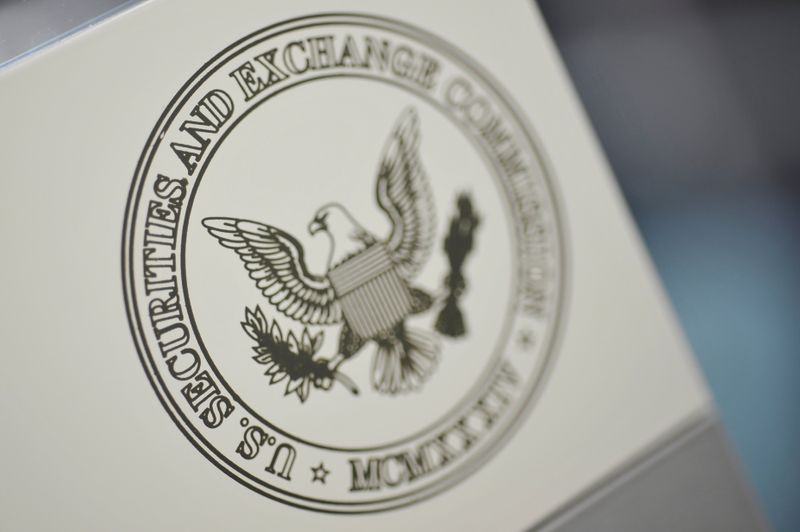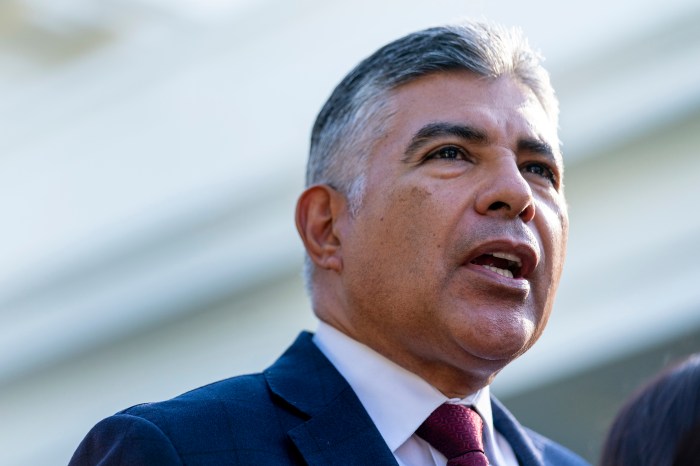BOSTON (Reuters) – A top executive at Institutional Shareholder Services does not forecast big changes in how the firm interacts with clients and others after the U.S. government earlier this year adopted new rules on how proxy advisers like ISS advise in corporate votes.
“I don’t see a fundamental change in the way we interface with companies and investors,” said Cristiano Guerra, who weighs in on some of America’s most hotly contested mergers and proxy fights as head of special situations research at ISS.
Two months ago ISS reactivated its lawsuit against the U.S. Securities and Exchange Commission after it crafted a new rule that will require proxy advisers to provide a copy of their reports to corporations at the same time they release them to clients. They will also have to inform clients if corporations plan to rebut their reports.
Proxy advisers and regulators have faced off for months as corporations have long argued that ISS and its main rival, Glass Lewis & Co, have too much power in guiding investors on hot-button issues like executive pay and should be more transparent in their recommendations.
“The efforts to silence ISS is a proxy for silencing shareholders,” Guerra said at the 13D Monitor Conference on Thursday. He said it would be professional suicide if he favored
the views of a specific investor client over another investor client in matters that ISS recommends on. “I trust my team, I trust our analysis and I’m very comfortable with our track record,” he said.
Guerra also said the pandemic has forced his team to alter work habits and conduct all business through phone calls rather than in person. He said he does not permit video meetings because Zoom calls can become too distracting with a large number of participants.
(Reporting by Svea Herbst-Bayliss in Boston; Editing by Matthew Lewis)



















